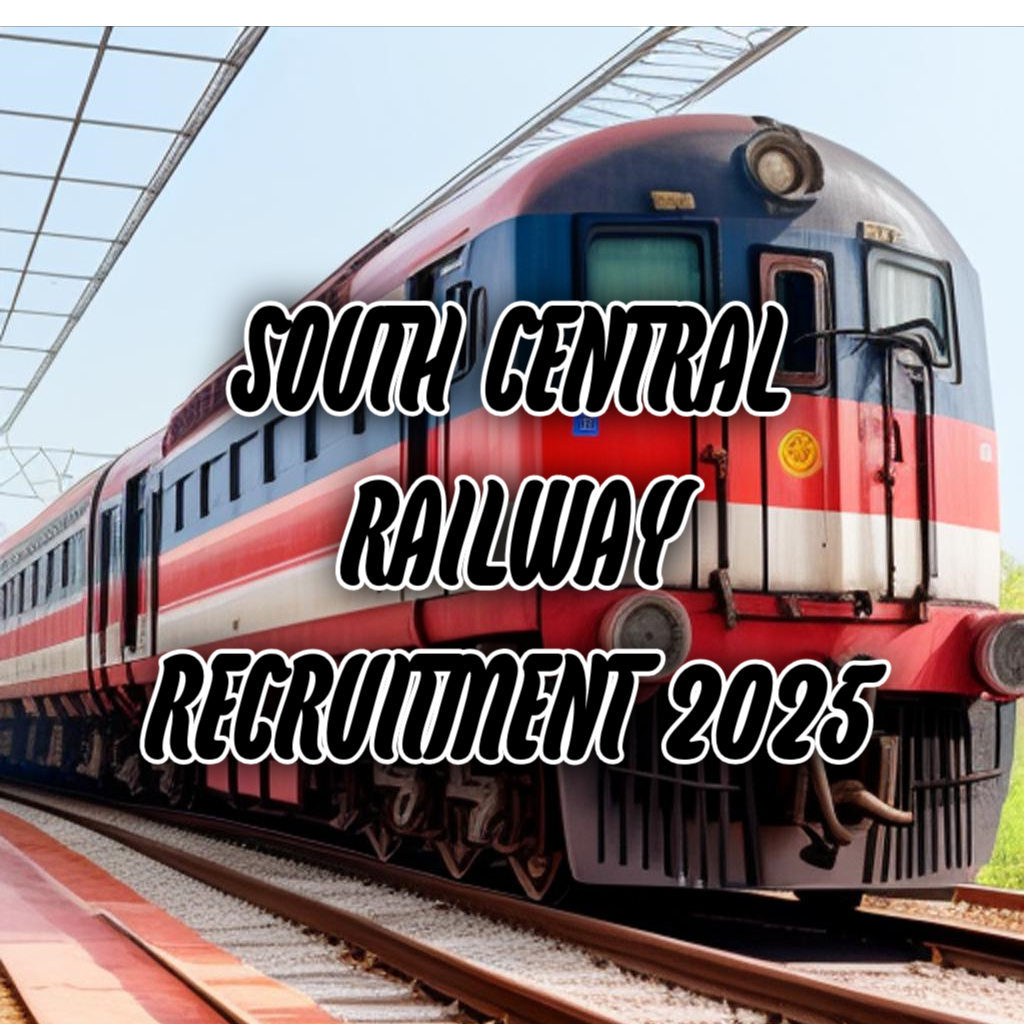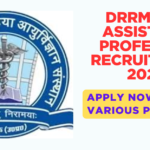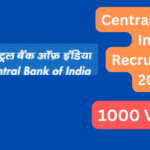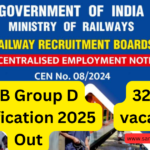The South Central Railway (SCR) is one of the most dynamic zones of Indian Railways, headquartered at Rail Nilayam, Secunderabad. It plays a crucial role in ensuring seamless transportation and connectivity across the Indian subcontinent, contributing significantly to the nation’s economic and social development. Below is a comprehensive overview of SCR’s structure, operations, and contributions.
South Central Railway Geographic Coverage
SCR spans a wide area, covering six states with significant railway operations:
| State | Districts Covered |
|---|---|
| Telangana | All districts |
| Andhra Pradesh | All except Vishakapatnam, Manyam, Vijayanagaram, and Srikakulam |
| Maharashtra | Includes Aurangabad, Nanded, Akola, Jalna, Yavatmal, etc. |
| Karnataka | Covers Kalaburgi, Raichur, Bidar, Yadgir, Bellary, etc. |
| Tamil Nadu | Vellore |
| Madhya Pradesh | Burhanpur and Khandwa |
This extensive jurisdiction ensures SCR’s pivotal role in connecting major cities and rural areas, promoting accessibility and development.
Download
South Central Railway Operational Highlights
Key Workshops and Depots
SCR boasts a network of workshops and depots for maintenance and operational efficiency:
| Unit Code | Name of Unit/Depot | Location |
| 01 | C&W Depot | Secunderabad |
| 06 | Electric Loco Shed (ELS) | Lallaguda |
| 29 | Central Periodic Overhauling Depot | Rayanapadu |
| 47 | Nanded | Maharashtra |
| 44 | Tirupati Workshop | Guntakal |
These facilities ensure the upkeep of rolling stock, thereby maintaining high operational standards.
South Central Railway Training Centers
SCR’s commitment to skill development is evident through its training programs under the Apprentices Act, 1961:
| Trade | SC | ST | OBC | EWS | UR | Total |
| AC Mechanic | 22 | 10 | 40 | 14 | 57 | 143 |
| Diesel Mechanic | 21 | 9 | 39 | 13 | 60 | 142 |
| Electrician | 158 | 79 | 286 | 107 | 423 | 1053 |
| Fitter | 263 | 133 | 469 | 175 | 702 | 1742 |
| Welder | 106 | 53 | 190 | 73 | 291 | 713 |
| Total Training Slots | 635 | 317 | 1143 | 423 | 1714 | 4232 |
These opportunities are available across multiple workshops and depots, fostering technical proficiency among youth.
South Central Railway Apprenticeship Opportunities
Eligibility Criteria
To participate in SCR’s apprenticeship programs, candidates must meet the following requirements:
| Criteria | Details |
| Educational Qualification | Passed 10th grade with a minimum of 50% aggregate marks |
| Technical Skills | ITI certificates in relevant trades |
| Age Limit | 15-24 years (Relaxations for SC/ST/OBC/PwBD categories) |
| Identification | Valid Aadhaar card |
South Central Railway Reservation Policies
SCR ensures inclusivity by adhering to strict reservation policies:
| Category | Reservation Percentage |
| SC | 15% |
| ST | 7.5% |
| OBC-NCL | 27% |
| Economically Weaker Sections (EWS) | 10% |
| Persons with Benchmark Disabilities (PwBD) | 4% |
Additionally, 3% of slots are reserved for Ex-Servicemen and their dependents.
South Central Railway Selection Process
The selection process for apprentices is merit-based and straightforward:
| Step | Description |
| Merit List Preparation | Based on the average percentage of marks in 10th and ITI |
| Tie-Breaker Criteria | Older candidates are given preference |
| Documentation | Verification of eligibility documents |
| Training and Stipend | Apprentices receive training per the Central Apprenticeship Council’s standards and a stipend as per guidelines |
No written tests or interviews are conducted, ensuring a transparent and efficient selection process.
South Central Railway Digital Accessibility
SCR leverages technology to facilitate a seamless application process:
| Digital Feature | Details |
| Application Portal | SCR Official Website |
| Application Fee | INR 100 (Exemptions for SC/ST/PwBD and female candidates) |
| Document Uploads | Aadhaar, 10th Marks Sheet, ITI Certificates, etc. |
| Real-Time Updates | Notifications via email and SMS |
Commitment to Modernization
SCR continuously adapts to meet modern challenges:
- Incorporating digital tools for operational efficiency.
- Expanding training programs to meet industrial demands.
- Upgrading infrastructure to ensure safety and speed.
Social Responsibility
SCR plays a vital role in community development:
- Supports local economies through employment and skill-building programs.
- Implements special trains for festivals, emergencies, and regional needs.
- Actively participates in disaster relief operations by transporting essentials during crises.










